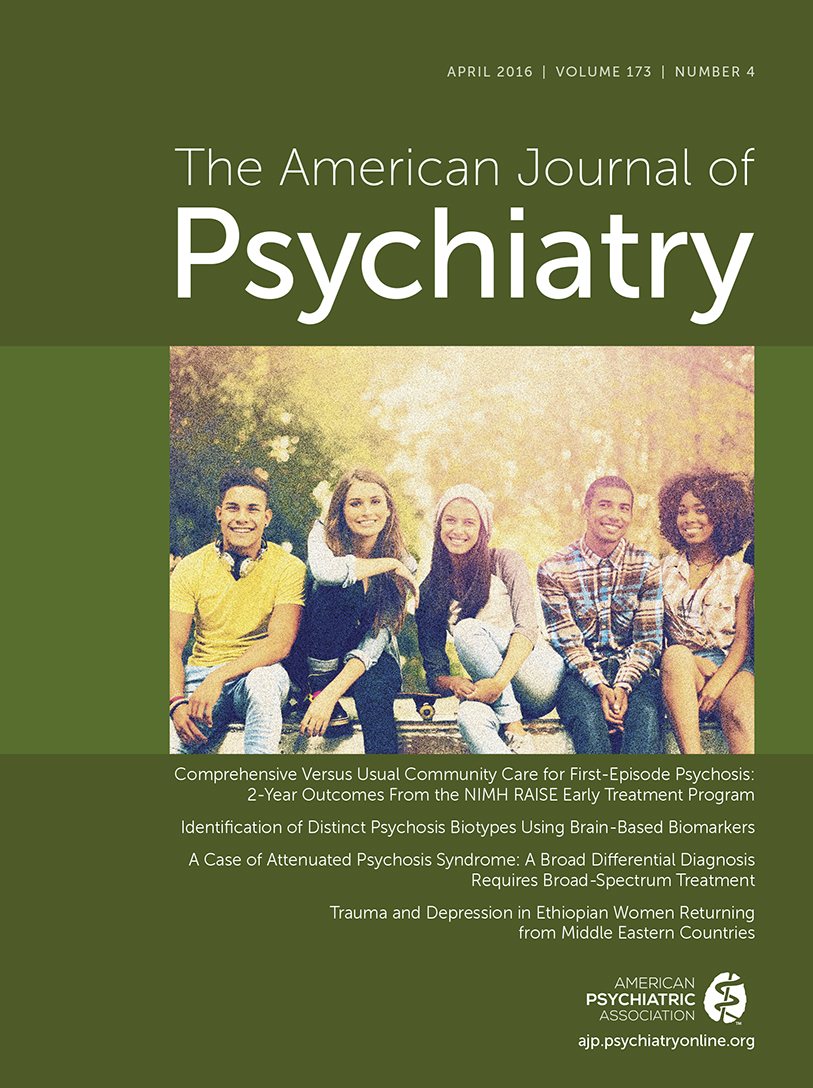Hope, Faith, Love, and Treating Serious Mental Health Conditions
Kenny’s been through high school. He lives alone and always has. He doesn’t work, though he’s tried and failed again and again. He has tics that tend to make him stand out in a crowd. None of which makes it easy for him to find a job, date, or settle down and do those things we tend to think make life worth living.
He also has this unfortunate tendency to mix fantasy with reality. He knows he’s not the younger brother of Jesus…most of the time. He knows there’s no devil on his shoulder fomenting an Armageddon that only he can prevent…most of the time. And he knows that life is not so dead-end worthless that he might as well kill himself…this he knows most of the time.
I was thinking about Kenny as I walked back from seeing him in clinic late one prematurely wintry afternoon. Unexpectedly, the words of the American theologian Reinhold Niebuhr clicked to mind (1). I paraphrase them slightly:
Nothing of worth can be accomplished in our lifetime.
Thus we must be saved by hope.
Nothing of worth makes complete sense at the time.
Thus we must be saved by faith.
Nothing of worth can be accomplished alone.
Thus we must be saved by love.
Nothing of worth can be accomplished in our lifetime.
What, actually, is to be accomplished with Kenny? Odds are he’ll grow old and obese, shaking and twitching; future periods of lucidity are by no means guaranteed.
Earlier this year Kenny had an HIV scare. He was feeling good enough to start dating again. I’m pretty sure that his “dating” involved an exchange of money for services, and one day he came in petrified that he’d contracted HIV. Indeed, he turned out HIV-positive. After extensive testing and consulting, we determined that he is one of those rare individuals who is false-positive for HIV.
“Well, Kenny,” I said, enthused, “What are you going to do now with the rest of your life?” After a brief, perplexed silence, he answered, “I dunno, just keep on keepin’ on, I guess.” Nothing more.
But there we still are, talking together. And perhaps this is the essence of hope: That these better days—and the dignity of keeping on during worse days—will multiply, ramify, intersect over days and lives and eons and stretch out over the earth.
Nothing of worth makes complete sense at the time.
It doesn’t really make sense for me to be sitting with Kenny any longer than it takes to renew his medications and make sure he’s not going to try to kill himself. There’s no cure going to happen in Kenny’s lifetime.
Money talks, and most money in research on serious mental health conditions goes toward finer and finer studies of genetics and imaging and neurobiology that propose to find cures. Money talks, and most of the money in health care delivery says that conditions like Kenny’s should be fixed in as short a period of time as possible.
My spending time with Kenny simply makes no sense. Yet perhaps this is the essence of faith: When we act (yes, act) to align our lives as best we can to something so vast, and so compelling, and so Good that we have no hope of ever fully comprehending it.
Nothing of worth can be accomplished alone.
And so we must be saved by love. But how do we love? What do we do with, for, to the Kennys in our lives?
We physicians have always taken the rap for being paternalistic. This is not necessarily bad—I’ve given Kenny my share of unambiguous directions, sometimes with a tail of “or else” tacked on. But there’s not a lot of choice there—a lot of doing to.
Sometimes we physicians take the rap typically laid on social workers, nurses, and other more touchy-feely do-gooders—being too maternalistic:
| • | “I’ll find the right combination of medications to set your world right.” | ||||
| • | “I’ll find just the right therapeutic insight, and I’ll convey it so incisively that all your conflicts will be resolved.” | ||||
This maternalistic approach involves lot of doing for. As you probably have already discovered, it’s exhausting.
An alternative is the way of the coach and the athlete. The coach has some special skills, but the individual is the one running the race—not us. Kenny wins or Kenny loses—and what I can best do is to be there with him, coaching: advising, cheering, and on occasion laying down the law.
But love? It’s over-rated, really. Because on a day-to-day basis it’s not what keeps us hanging in for the long run with the Kennys in our lives.
Rather, there’s something likeable about Kenny. Maybe it’s the occasional twinkle in his eye, or his gentleness, or the fact that he cares deeply for his 14-pound, 15-year-old cat, Cosmo.
Love, if it’s doing all it can, opens us up to just plain like the other person. It helps us to get out of our own way and see more clearly who’s around us. Love gives us the perspective, and the strength, to like the world around us.
And never underestimate the Power of Like.
1 : The Irony of American History. London, James Nisbet, 1952Google Scholar



